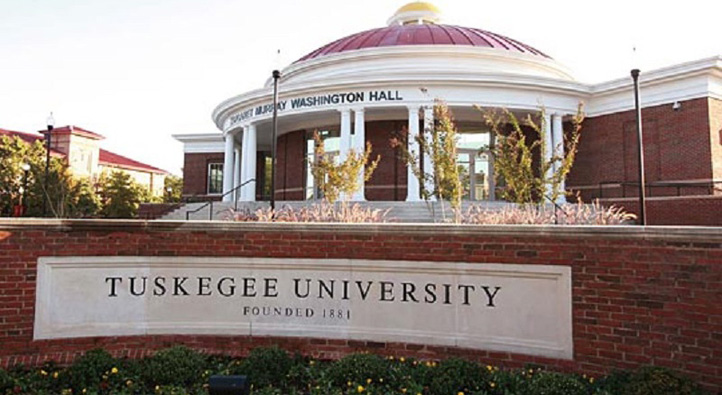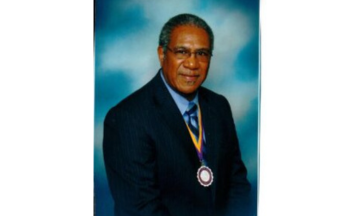Nzinga Shaw doesn’t own a watch. She has never owned an alarm clock.
Yet, she has never missed a 6 a.m. red-eye. Never been late for a meeting. Never overslept.
“It is the craziest thing in the world and I don’t know how to describe it. Somehow my body knows to get up at 4 a.m. to get ready. Everybody has something that is a little strange or weird about them. This is mine,” Shaw said. “It plays into who I am because I am determined and focused and I am never going to slack. I am never going to use another device or another person as a reason to why I didn’t meet a deadline or a reason to not be able to fulfill something that I said I would be able to do. So to me an alarm clock is an excuse that can take you off its path if it is not working. I am not someone who lets little things take me off my path.”
The current path that Shaw is on is a daunting one.
A little more than a year ago, the Spelman College graduate was named Chief Diversity and Inclusion Officer for the Atlanta Hawks, which at the time was reeling over racist comments made by team officials.
The veteran public relations executive — who had crisis management under her belt, as well as stints with other professional sports teams — was brought in to “continue to rebuild trust and partnership in the Atlanta community,” Shaw said upon being hired.
The Hawks are still the only team in the NBA with a diversity executive.
On Thursday, Shaw will embark on perhaps her biggest program yet, launching the Model Of Shaping Atlanta through Inclusive Conversations (MOSAIC), which will be an ongoing way for the Hawks to facilitate dialogue about diversity and inclusion in the city. The inaugural MOSAIC: Race & Gender in Sports event from 10 a.m. until 2 p.m. at the Center for Civil and Human Rights will feature Grant Hill and his mother, Janet Hill; Hawks CEO Steve Koonin; and keynote speaker Kevin Powell, among others.
Shaw sat down at Philips Arena with the AJC to talk about her year with the Hawks.
What is MOSAIC?
It is a vehicle and dialogue that is going to take place between various stakeholders within the sports industry and beyond to look at diversity and inclusion — specifically race and gender in sports. How it plays out. But then really looking at a macro level at multidimensional diversity and how the many facets that people bring to the table shapes what we do as organization and business leaders. We have branded M so that it can live. We don’t want these conversations to start and stop. We want them to be ongoing because who knows what is going to come out of the conversations. I am optimistic that we will be able to change perceptions in Atlanta through consistent dialogue. We hope that M will be an annual event.
This is a job that was created for you that didn’t exist in the NBA. How did you catch your breath? What did you do the first 90 days?
I recognized that I could not do this alone. There were so many different obstacles and challenges, but there was also great opportunity. I knew that creating a diversity and inclusion council would be very important because there were so many different dynamics that were playing out all at once. I needed to hear different voices of different stakeholders within and outside of the organization.
You also hit the community and went on a listening tour. What was the most recurring thing that people talked about?
Change. They wanted to know that we cared about them. They wanted to know that our organization was not only in it to make money, but that we were a community asset and that we can be a community partner. People just wanted to see authenticity and to know that they mattered.
What have been challenges?
When I first got here it was to get people to understand why diversity and inclusion should be a function and why it mattered. A lot of people thought it was punitive. That I would be the police and watching their every move. And looking at demographics and numbers and making decisions based on those things. So my greatest challenge was connecting with people in a personal and organic way so that they could realize it is not about representation, it is really about being able to nurture an organization and nurture individuals so that they can reach their maximum potential.
Before the racial comments incident, it seemed as if the Hawks were embraced by Atlanta’s black community. Is that a correct assessment?
Atlanta is the home of Dr. (Martin Luther) King (Jr.) and the home of civil rights. So yes, there are lots of African-Americans in this city that care about the Atlanta Hawks and are true fans. Was that demographic hurt and upset? Absolutely, 100 percent. They were impacted. But the Atlanta Hawks, because we know how important African-Americans are in this city and country, we wrapped our arms around that demographic, and we have been making great strides to connect organically with the community. But everybody was disappointed. White people were disappointed. Asian people were disappointed. Anybody who lives in this city and loved the Hawks wanted to believe that we were being led by great, strong and prolific leaders. So when they found out we had challenges in that space, everyone was hurt.
Are the Atlanta Hawks a better franchise today than they were a year ago?
Absolutely. When I got here, we were in a place of crisis. In a place of trying to show our deep regret for all the things that happened internally. Now, we are not an apologetic team. We are excited and proud about what we are bringing to the table. We have certainly made great strides to diversify our employee base and our fan base. It is all real. It is not window dressing or a bandage to cover up a wound. It is the organic fiber of what the organization is made of. We have a great leader in Steve Koonin; he is a visionary and very open to diversity and inclusion. When your leader embraces diversity and inclusion it all sprinkles down.
You went to Spelman. As a student, were the Hawks on your radar at all?
Believe it or not, no. I am a native New Yorker. Anybody who knows New Yorkers know we were brought up to be die-hard fans (of the Knicks). So I didn’t pay attention to the Hawks when I was in college. I also didn’t have money to go to any Hawks games. But I am certainly glad that I ended up here.
Read more here.





